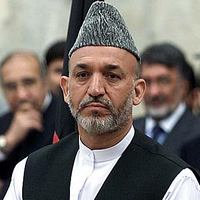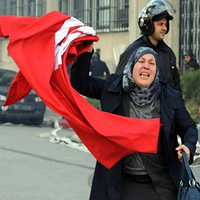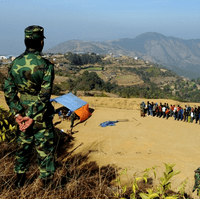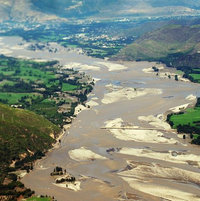
Brazil’s recent achievements in developing a sound economy, harnessing natural resources, lifting tens of thousands out of poverty and even landing the 2016 Olympic games has many convinced that its emergence as a world power is inevitable. But ongoing internal challenges, especially poor educational performance, may delay its rise. Outgoing President Luis Inácio Lula da Silva’s obsession with immediate poverty alleviation and school attendance led him to overlook the underlying institutional and policy challenges facing Brazil’s education system. And though President Dilma Rousseff’s new administration has made strengthening that system a priority, it faces myriad bureaucratic, financial and policy obstacles […]









